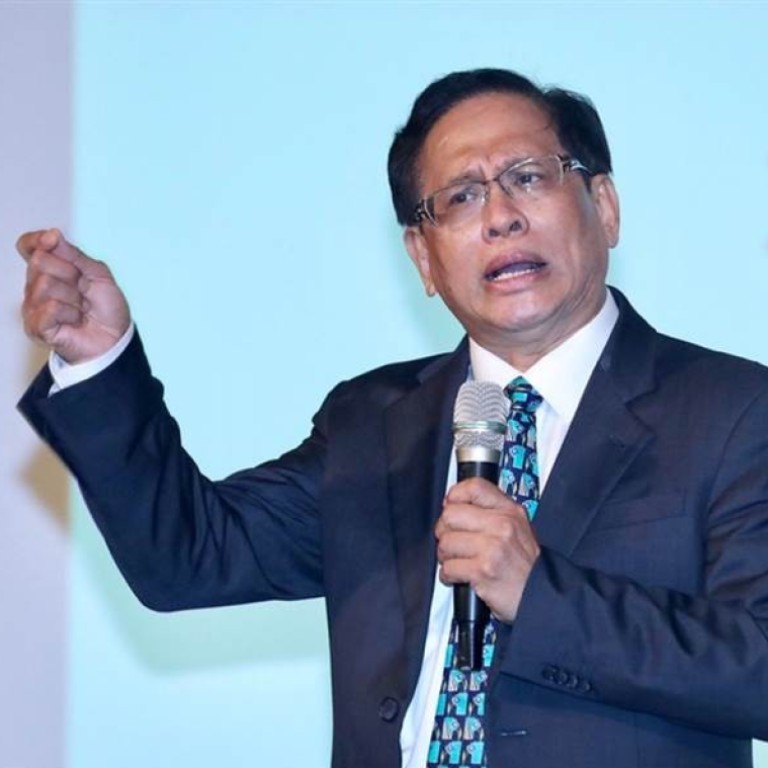
Taiwan independence hardliners set to form new party to challenge President Tsai Ing-wen
- Veteran campaigner Kuo Pei-hung to unveil Formosa Alliance as new party on Saturday
- Group plans to stand in next year’s presidential and legislative elections and could damage independence-leaning leader’s chances of winning re-election
Hardline supporters of Taiwanese independence are set to form a new political party this week, splitting the so-called pan-green movement in a move that could hit President Tsai Ing-wen’s chances of being re-elected in January.
Yoshi Liu, a spokesman for the proposed party’s organising committee said Kuo Pei-hung, convenor of the Formosa Alliance, would formally announce the establishment of the new party on Saturday.
Liu said the new party would push for the formation of a “Taiwan nation and new constitution to realise the public desire to join the United Nations and counter China’s attempt to annex Taiwan”.
“We are eyeing no less than 10 legislature seats in the January elections and seek to have our own candidate to run for the 2020 presidency,” Liu said.
He said the founders of the new party – which is likely to keep the Formosa Alliance name – believed that the ruling Democratic Progressive Party, which was founded in 1986, was no longer true to its origins and had “degenerated into a one-person party with a group of members fighting for their common interests”.
“Most importantly, we want to retrieve the founding spirit of the DPP,” he said, referring to the party’s original platform that called for independence for the self-ruled island.
The DPP shelved this platform in the late 1990s due to concerns about possible attacks from the mainland and argued that Taiwan was already a de facto independent state and did not need a formal declaration to this effect.

Beijing has long considered Taiwan a wayward province that must return to the mainland fold – by force if necessary.
Liu said the new party would welcome “like-minded” supporters of independence who were upset by Tsai’s inaction in “rectifying” Taiwan’s status as a “normal country that enjoys human rights and national dignity”.
Taiwanese media said Kuo, who was named as one of the island’s most wanted fugitives under one-party rule in the 1980s, is expected to become chairman of the new party.
The Formosa Alliance – which uses a historical name for the island – was established by Kuo and other radical supporters of independence last year to campaign for a referendum demanding that the island be allowed to compete in next year’s Tokyo Olympics under the name Taiwan, rather than its officially recognised title of Chinese Taipei.
The campaign failed to win Tsai’s backing and was rejected by voters in last November’s referendum.
The group also demanded a formal independence referendum in April this year, but the DPP-dominated legislature changed the proposed legislation to delay any possible vote until 2022.
Kuo was also part of a group of DPP hardliners who have questioned Tsai’s performance and ability to win re-election.
They demanded that she make way for former premier William Lai Ching-te, who has taken a more hawkish stance on independence but was defeated by her in the party’s primary.
If the new party puts up candidates in next year’s legislative and presidential elections, its is likely to split the pan-green vote – the name given to a coalition of independence-leaning parties – and boost the chances of Han Kuo-yu, the candidate of the traditionally mainland-friendly Kuomintang.

